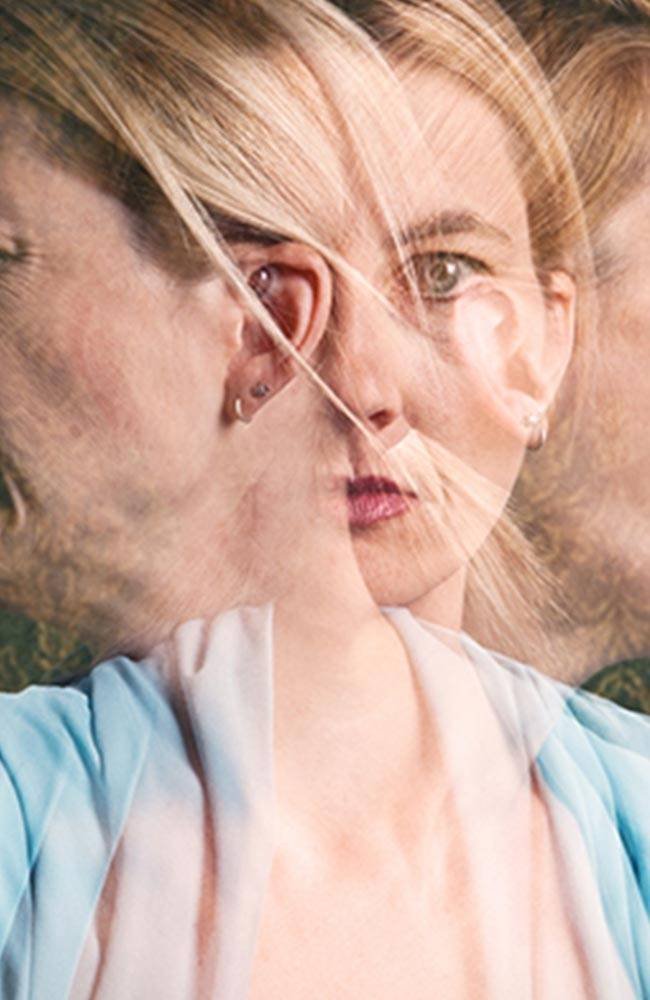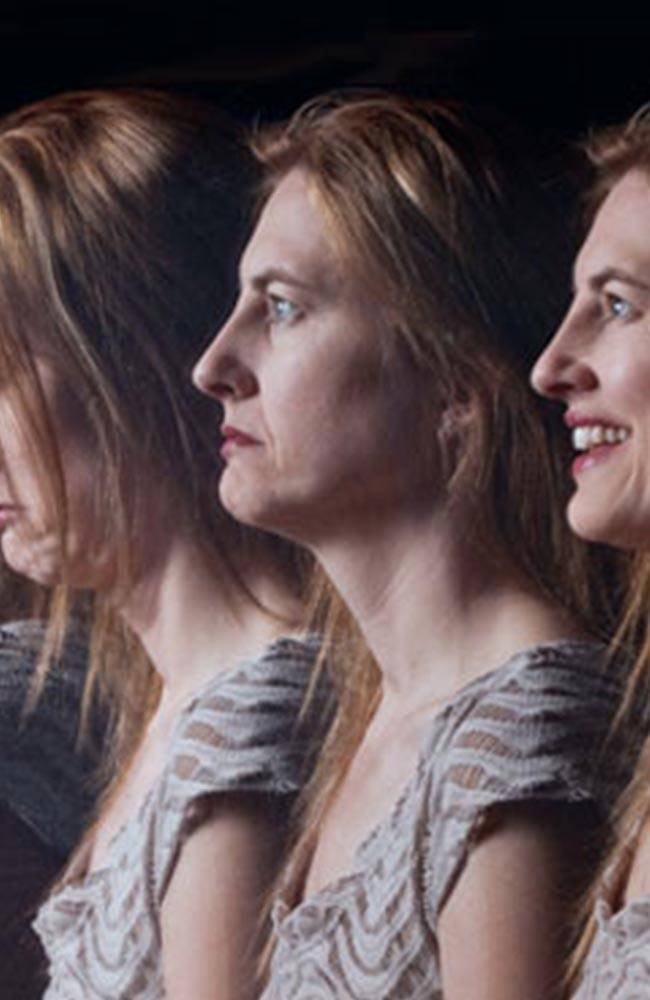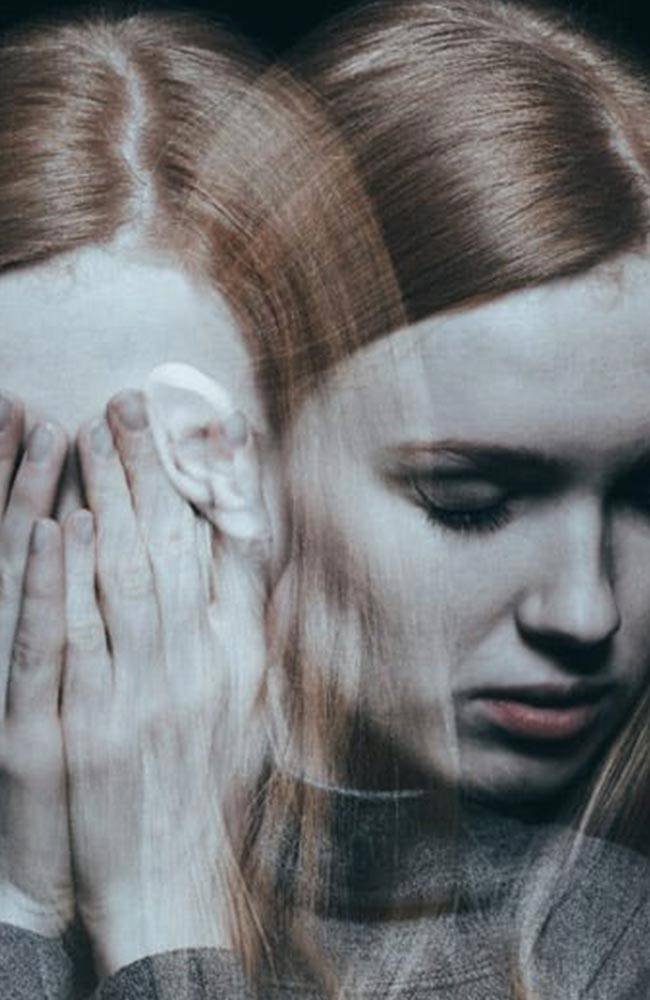BIPOLAR DISORDERS
By integrating multiple dimensions of care, I aim to create a personalized treatment plan that fosters sustainable healing and growth—rooted in empathy, depth, and integrity.
During our in-depth 90-minute intake appointment, we will move beyond surface-level concerns. I take a holistic view of psychiatric wellness, exploring your emotional, physical, social, lifestyle, and spiritual health to gain a full understanding of your history and current needs. This includes a collaborative mapping of your wellness, allowing us to identify both areas of resilience and those in need of support.
OFFERED IN NEW BRAUNFELS, TX
What is bipolar disorder?




The three types of bipolar disorder are:
Bipolar I Disorder
Characterized by at least one full manic episode, often alternating with major depressive episodes, causing significant functional impairment.
Bipolar II Disorder
Involves recurring depressive episodes and hypomanic episodes, without full mania, often leading to prolonged depressive symptoms and instability.
Cyclothymic Disorder (Cyclothymia)
A chronic, fluctuating mood disturbance with periods of hypomanic and depressive symptoms, lasting at least two years.
What are the symptoms of bipolar mania?
- Talking rapidly
- Having unstoppable energy
- Needing little to no sleep
- Experiencing racing thoughts
- Having an inflated sense of self-importance
- Engaging in risky behaviors (like overspending or driving while drinking)
During a manic episode, you may have delusions (believing something that isn’t true)and hallucinations (seeing, hearing, or smelling things that aren’t there).
Bipolar Depression causes several of the following symptoms:
- Feeling sad, hopeless, and worthless
- Losing interest in favorite activities
- Withdrawing from your partner, friends, and family
- Sleeping more or less than usual
- Eating too much or too little
- Gaining or losing weight
- Struggling to make decisions
- Feeling extreme fatigue and lack of energy
- Thinking about suicide (suicidal ideation)
Many depressed people also experience body aches and pains.
How is bipolar disorder treated?
Bipolar disorder always requires medication. Regular use of mood-stabilizing medications prevents mania and depression and may help keep mood swings in remission.
Your treatment for bipolar disorder should also include therapy. Different therapies achieve specific goals. For example, you may learn to manage mood swings and gain skills for overcoming the challenges bipolar disorder creates in your personal, social, and professional life.
Call Intuitive Mind Behavioral Health today or request an appointment online to start getting comprehensive care for bipolar disorder.



